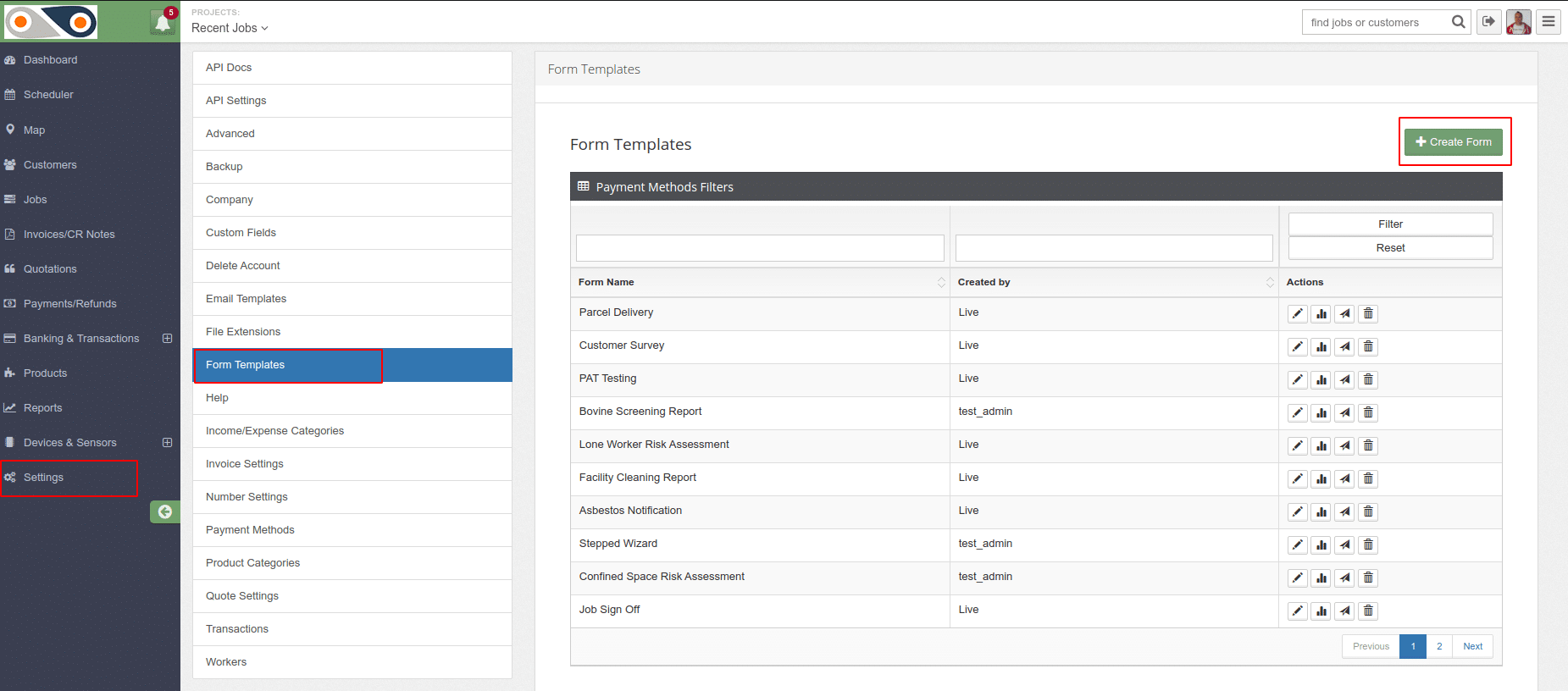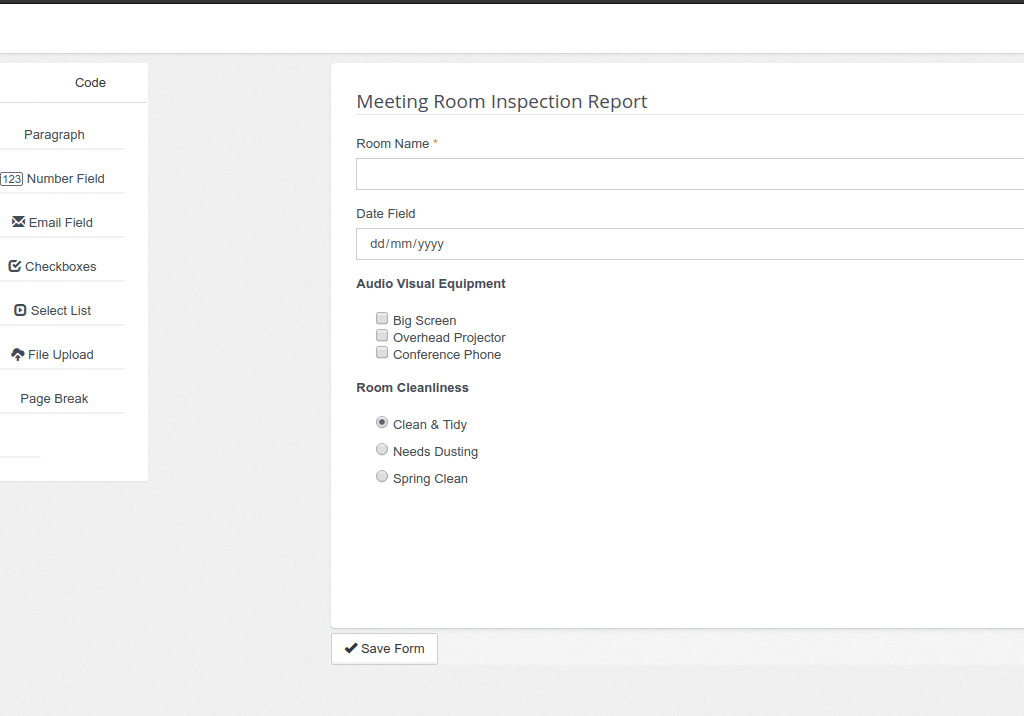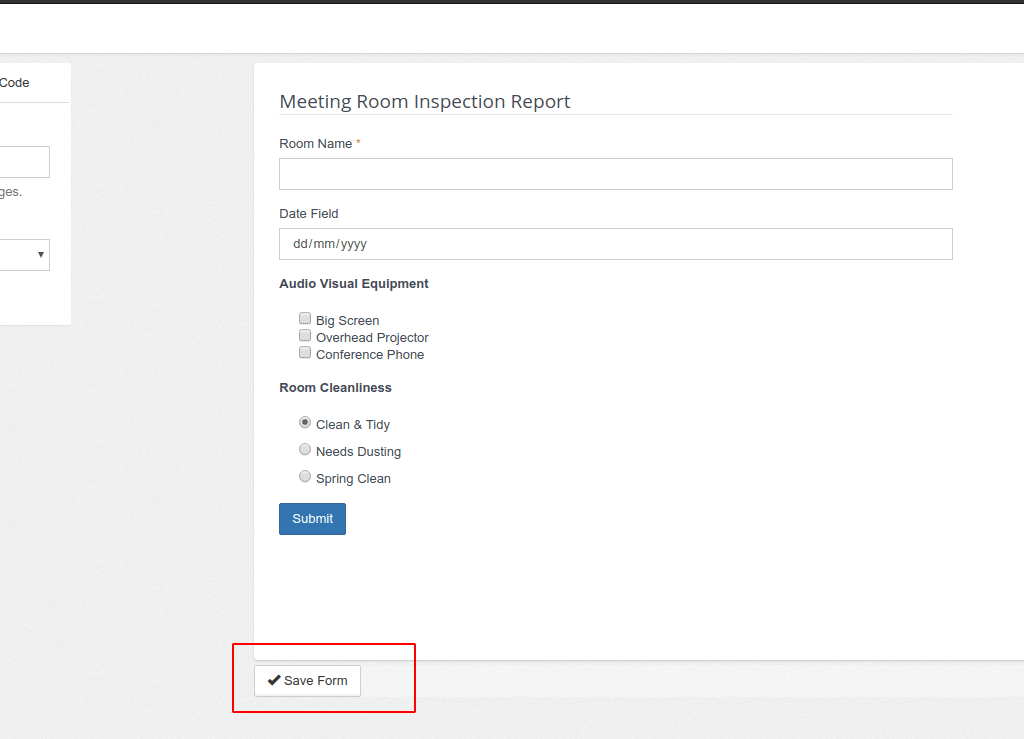
These days, not many companies can continue to operate once their entire computer system goes down. All the information needed in daily operations are stored in databases while the interfaces that make use of them all come in the form of software applications.
Software applications can be rapidly reinstalled and configured for as long as the necessary programs are available. Data, however, cannot be reconstructed as quickly even with hard copies available. It is therefore necessary to store your data in a replicated setup so that when one section goes down, operations can proceed without interruption.
For instance, if a category 5 hurricane renders your main office useless, you can simply rent workstations elsewhere, connect to the Internet and continue with your usual transactions for as long as data is readily accessible.
So how do we ensure the accessibility and reliability of your data? Here’s what we’ll do:
- Activate data replication on your database management system. If your DBMS does not support replication, we’ll migrate all your data to one that does.
- If absolutely necessary, we can allow modernised systems to run parallel to your legacy systems and prepare both for full modernisation when you’re ready.
- Implement fail-over technologies where applicable to provide for automatic switching to a backup data server or network from one that has just failed.
We can also assist you with the following:


